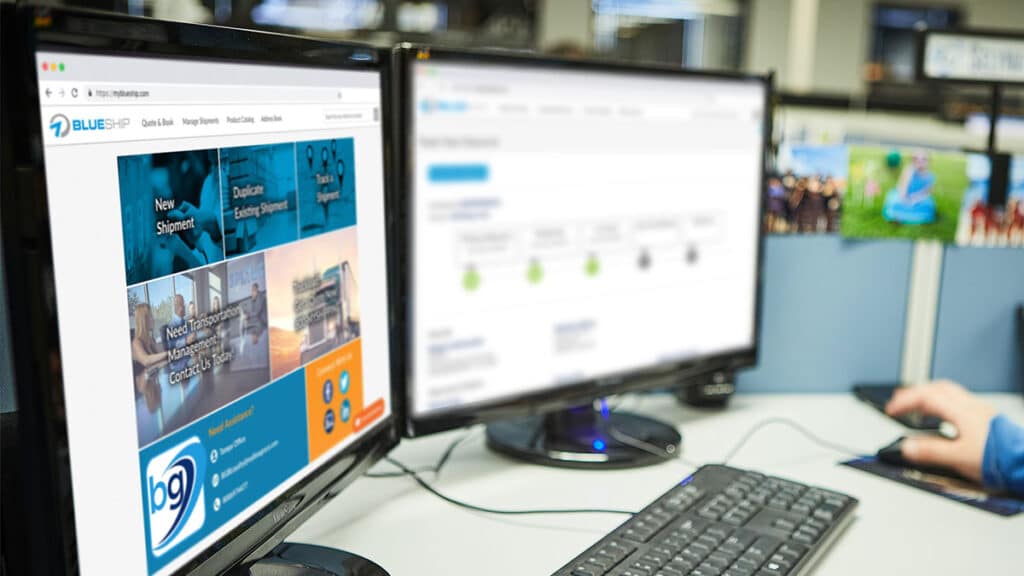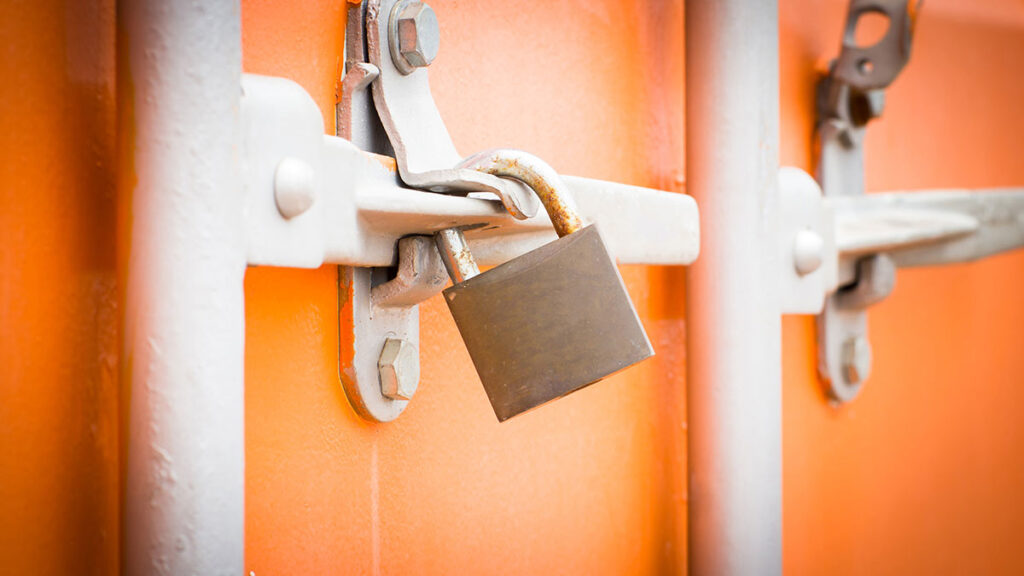
While cargo theft has been a pressing problem within the trucking industry, it has witnessed an increase since 2020, through the COVID-19 pandemic and subsequent social lockdowns. Electronics and household items are amongst the top stolen goods. Watchdog platforms, 3PL companies, and technology can be important allies in the war against rising cargo crime numbers.
Cargo Theft – An Overwhelming Problem In Global Trade
Specialized data analysis firms such as Cargonet have found that cargo theft is peaking and the losses being suffered by manufacturers, shippers, and logistics service providers have reached historic highs. According to reports put out by the Transported Asset Protection Association (TAPA), a global security expert network for supply chains, the majority of these crimes are not attributed to desperate lone wolves, but organized crime syndicates. Most businesses are currently focused almost entirely on a fight for survival and law enforcement agencies are facing the added pressure of policing new government lockdowns. This means that a substantial part of cargo theft remains unreported, so these figures may just be the tip of the supply chain crime iceberg.
Traditionally, electronics have been the main item targeted by cargo thieves but household items are increasingly becoming the new targets because these items are relatively easy to sell in times of economic recession. Thieves look for targets of opportunity but they also respond to shifts in consumer patterns and steal cargo accordingly.
Data also shows that “pilferage” (the stealing of small portions of a load rather than an entire trailer of goods) is trending, especially in the last mile. In many cases, pilferage theft is not even reported because there is no record of when it happened. With pilferage, drivers don’t even know a pallet may be missing from a full truckload until the product is unloaded and counted.
Fictitious pickups are also on the rise, due to the positive environment created by the COVID-19 pandemic.
Fictitious pickups are also on the rise, due to the positive environment created by the COVID-19 pandemic which allows thieves to wear a mask and hide their face from surveillance systems and potential witnesses.
1. How Personal Training Can Help
Even with these late changes in cargo theft operations, unsecured parking facilities are still noted as the cause of more than half of the total truck thefts in most regions. Increased security measures in warehouse operations and well-lit, secured parking facilities have been shown to decrease cargo theft figures significantly.
Proactive countermeasures are a safe way to decrease the chances of cargo theft. For instance, implementing hard locking devices on trailer doors, training drivers and personnel to understand risks and ways to mitigate them, or reinforcing background checks of all employees before they come on board are good ways to build a safe working culture.
2. Preventing Losses with Technology
The use of technology also provides crucial help in preventing theft. Fitting trailers and cargo with the Internet of Things (IoT) devices can help with track-and-trace and the use of door sensors that record all door activity can provide important information if theft happens. Single-use tracking devices and radio frequency identifiers (RFID) are also widely available now and can be used to track pallets thus making the cargo trackable in case of theft. Companies can benefit from the advantages of using a 3D interactive map for tracking inventory with an accurate visual representation of both indoor and outdoor activities.
This provides transparency and end-to-end visibility for all stakeholders while being virtually impossible to manipulate.
Technologies like blockchain may assist in cargo safety, connecting watchdog platforms to make it easier for the trucking community to report and share information and to exercise caution. Blockchain creates an encrypted digital record that is owned by the recipient and co-owned by the issuer, making it a direct peer-to-peer transaction, where the issuer sends the recipient an official document, and both parties can prove cryptographically that they own the document. This provides transparency and end-to-end visibility for all stakeholders while being virtually impossible to manipulate. Blockchain can become a tool to provide clarity for an industry that lacks transparency in cargo theft occurrences, mainly due to the lack of communications among brokerage firms that only view each other as competition.
3. Platforms and 3PLs In The Battle Against Cargo Theft
Watchdog platforms offer cargo theft prevention and recovery networks by analyzing big chunks of data provided by drivers and carriers. By researching and monitoring these information exchanges, 3PL companies can rate the safety of owner-operators and trucking companies and offer important data to businesses. The collaboration with law enforcement helps to increase recovery rates. By facilitating secure information sharing among theft victims, these platforms also help prevent cargo theft.
It is information analysis that plays a critical role in the prevention of crime.
Cargo theft is not going to decline and a proactive approach is the best tool to prevent it. By using both low and high tech measures, stakeholders can reduce the chances that cargo theft happens. It is information analysis that plays a critical role in the prevention of crime. 3PL companies offer valuable services and use the latest technologies to help stakeholders improve their processes and operations and prevent losses due to cargo theft.




